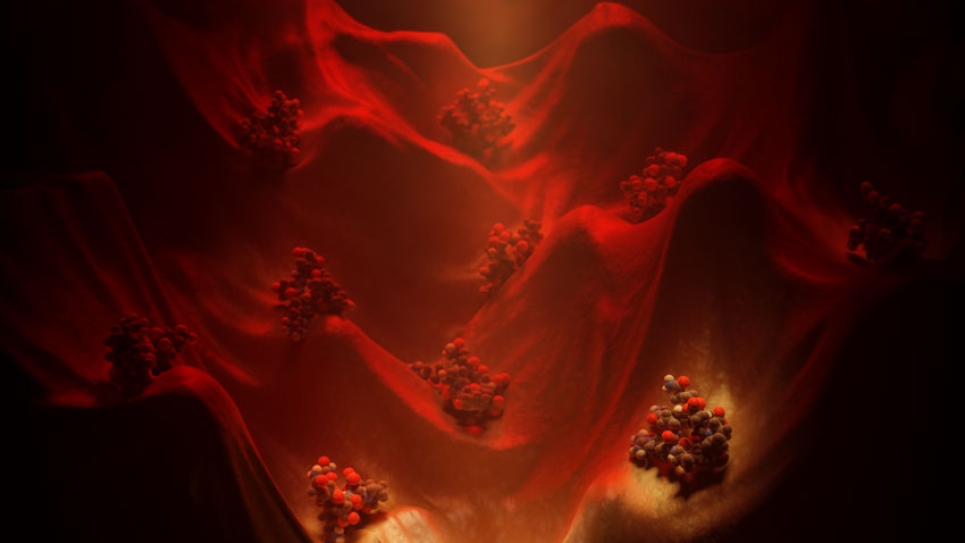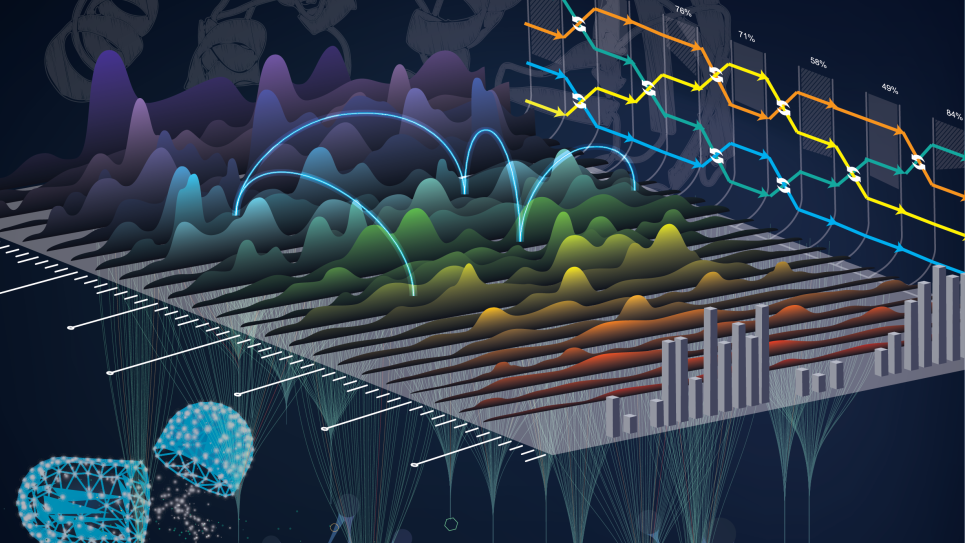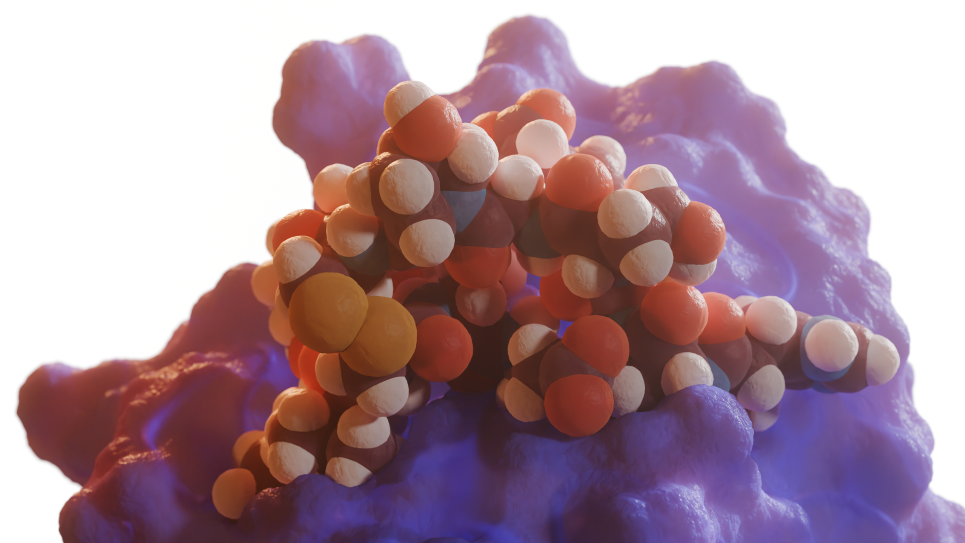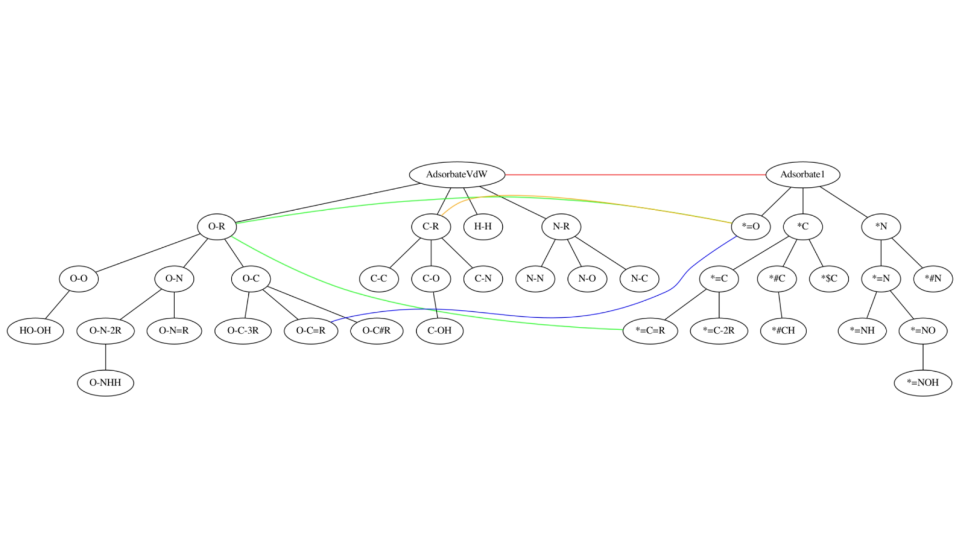
Advancing Design & Structure Prediction of Proteins & Peptides
Researchers from the University of Washington’s Baker Lab are pioneering the development of computational methods to predict protein and peptide structures, and to design those with new structures and functions. The core of the team’s workflow is Rosetta, a software suite used for modeling biomolecular structures. Using previous INCITE awards, the team made significant progress developing and applying Rosetta to predict structures from amino acid sequences, and to design amino acid sequences that are able to fold into novel structures with new, desired functions. With this project, they will address emerging challenges by further improving the software, including the continued development of its energy function (the heart of all the Rosetta tools).
The team aims to tackle two new challenges within the energy function: improving its ability for de novo protein design and enabling it to precisely handle more general types of biomolecules. They will also continue work to improve the intelligence of Rosetta’s design methods, which will help enable more robust protein design by eliminating many of the common design artifacts that must currently be filtered out of the design pool. Finally, the team will use this INCITE allocation to develop design methods for various non-canonical building blocks. This will enable researchers to computationally design binders to targets of therapeutic interest that could significantly reduce experimental costs. The broader impacts of this research will address challenges in biological and materials sciences, including the design of new therapeutics to combat disease.


